‘We’re Making More Money with PhytoGen’
Georgia cotton producer says PhytoGen® brand varieties have helped his farm produce higher yields with lower crop protection costs for better overall profitability.
Georgia cotton producer says PhytoGen® brand varieties have helped his farm produce higher yields with lower crop protection costs for better overall profitability.
The soil at Roland Hill Farms has provided for six generations of the Hill family in Twiggs County, Georgia. As Chris Hill carries that legacy into the future, it’s ironic that one of his biggest assets is also a major challenge.
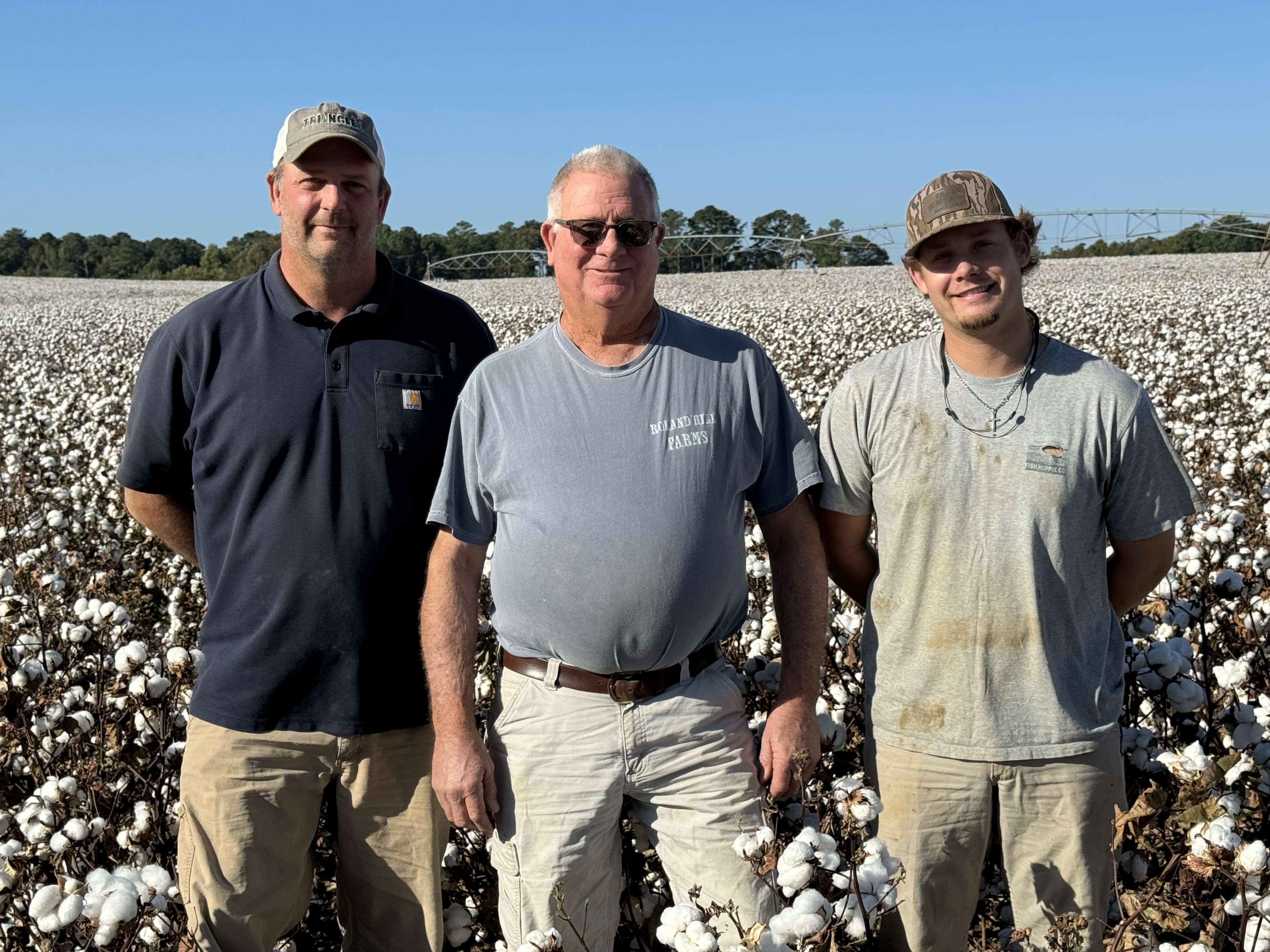
“For decades, we’ve had reniform nematodes in these soils that have held us back on yield, especially in dry years,” Hill said. “Nematodes make drought stress worse, and we go through droughts almost every season in Georgia.”
Hill tried many crop protection solutions through the years, including soil fumigants and aldicarb. Those products raised input costs by nearly $100 an acre and required extra trips across the field. Hill also added corn into his rotation because corn is not a host for nematodes. Even then, the reniform populations kept growing.
“We knew what our problem was but we couldn’t find a good tool to solve it,” Hill said.
After discussing options with his retailer and the local PhytoGen field agronomist, Hill decided to plant PhytoGen® brand varieties with built-in resistance to reniform and root-knot nematodes. For years he had heard that nematode-resistant varieties didn’t have high-end yield potential, but his reps explained that the newer PhytoGen varieties were different.
The proof came from the gin after harvest: PhytoGen® brand PHY 411 W3FE yielded 1,600 pounds/A — without any nematicide treatments.
“That’s better than we could yield with the competitive varieties plus nematicides, and I saved $100 an acre on crop protection,” Hill said. “We’re making more money with PhytoGen. That’s the bottom line.”
In addition to higher yields and lower crop protection costs, Hill also significantly decreased reniform populations in his soils. Before planting PhytoGen varieties, soil samples showed 5,380 reniform nematodes per 100 cc of soil. After one year of planting PhytoGen brand varieties, the same field showed only 700 reniform nematodes per 100 cc.
“We are moving in the right direction, and I think we can get these numbers even lower with these PhytoGen varieties,” Hill said.
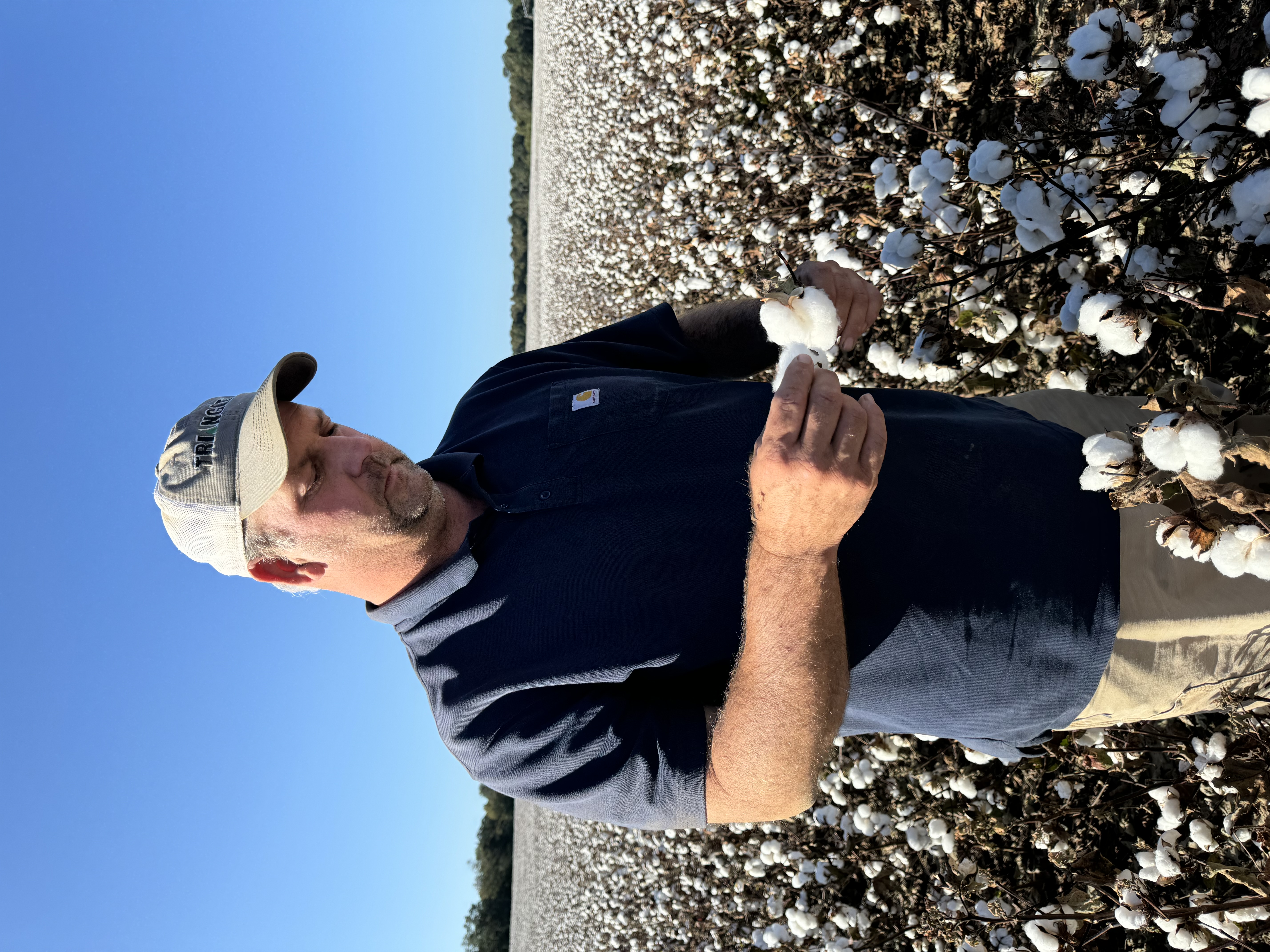
In 2024, Hill planted PhytoGen brand PHY 475 W3FE, PHY 411 W3FE and PHY 415 W3FE, which have resistance to both reniform and root-knot nematodes. He believes the root-knot resistance also is helping his peanut yields.
Hill rotated peanuts onto a field planted to PHY 411 W3FE the previous year. Those peanuts were 1,000 pounds heavier than any other peanuts he planted last season, and he believes it’s because PhytoGen brand varieties lowered the root-knot population.
“Year in and year out, we average about 5,000 pounds on our peanut acres. That’s the peanut yield we can make on our farm,” Hill said. “But we hit 6,000 pounds per acre on the field that followed the PhytoGen variety. I think the root-knot nematodes have been holding us back more than we realize on our peanuts.”
The 2025 season proved more of the same – in fact, Hill had record-breaking cotton and peanut yields even in the face of serious challenges. Hill experienced a drought the entire month of July, during a critical time for boll and fruit development. Despite that, his PhytoGen brand varieties pushed through and produced a record-breaking crop for the third year in a row.
“We set yield records across the board in 2025, and it really wasn’t a great year weather wise. We didn’t get a drop of rain in July,” Hill said. “PHY 475 W3FE yielded 1,860 pounds per acre on a field that yielded 1,200 pounds the year before and even less the year before that. We’re lowering our nematode populations each year by planting PhytoGen varieties, and the yields keep improving.”
Hill says PhytoGen brand varieties require less irrigation and look less drought stressed during the season. He attributes that to the in-plant nematode resistance, which protects roots for fuller, healthier root systems that can better uptake water.
“Without a doubt, the water requirements are less with PhytoGen varieties. We don’t have to water as much, and we’re conservative with our irrigation,” Hill said. “PhytoGen varieties hold up under dry conditions better than anything else we’ve ever planted.”
His peanut yields also improved in 2025, breaking his previous record.
“We saw another bump in our peanut yields too. Our farm averaged 5,500 pounds per acre,” Hill said. “It’s a tremendous yield increase for us, and the only thing we’re doing differently is planting PhytoGen cottonseed with nematode resistance. I think we’re improving our soils across the farm.”
Another advantage with PhytoGen® W3FE varieties is the Enlist® weed control system, which enables Hill to manage weeds without a dicamba-based system. Producers growing cotton and peanuts have long dealt with the challenge of 2,4-Db applications drifting from peanuts into cotton. With the advent of dicamba-tolerant cotton, growers had to also worry about dicamba from cotton moving into peanuts.
PhytoGen W3FE varieties and peanuts work well together because growers can spray Enlist® herbicides in cotton even if peanuts are downwind, since peanuts are considered a compatible crop with Enlist herbicides.
Growers can spray Enlist One® herbicide on their PhytoGen W3FE varieties, triple rinse the tank, and then spray 2,4-Db on their peanuts — and never have to put dicamba in the tank.
As for weed control, Hill said Enlist One tank mixed with glyphosate keeps his fields clean.
“We were pleased with our weed control, especially on our big three weeds: pigweed, grasses and morning glory,” Hill said. “The Enlist system makes it simpler with peanuts. You can spray Enlist One herbicide, and you don’t have to worry about cleaning dicamba out of your sprayer.”
As Hill plans for next season, he says the yield, nematicide savings and peanut compatibility make PhytoGen a better choice for his cotton acres.
“We’re going to be wall to wall PhytoGen next year,” Hill said. “It’s easier, simpler and yields as good or better than anything else out there.”
Find information on yield and more in the PhytoGen Cottonseed Agronomy Library.
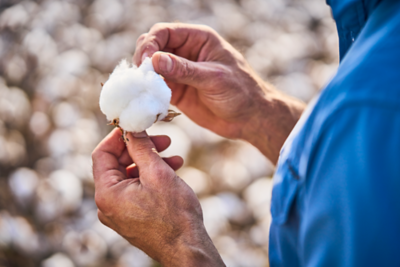
Explore PhytoGen® cottonseed with the early season vigor and built-in protection it takes to deliver high yield potential on your acres.
SEE OUR VARIETIES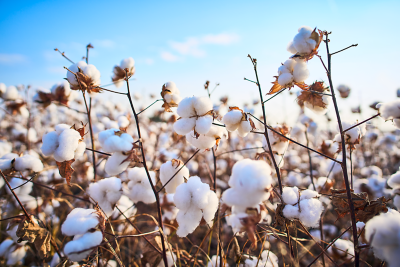
PhytoGen® cottonseed delivers comprehensive protection with advanced weed control, pest and disease resistance, and insect control — all designed to maximize yield potential and support healthy crops.
DISCOVER OUR TRAITS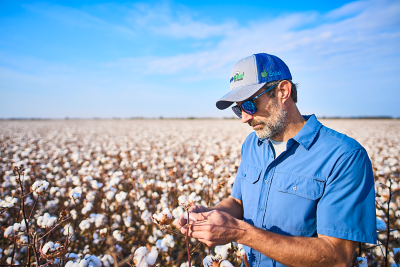
PhytoGen provides local expertise and trusted solutions to overcome challenges in the field. Find your field team who is ready to help you at every step.
MEET YOUR FIELD TEAM™ ® Trademarks of Corteva Agriscience and its affiliated companies. Enlist One® and Enlist Duo® are not labeled for use in all 50 states. To find product labels, state registration status, and additional resources about the Enlist® weed control system and its availability, visit Enlist.com. Additional stewardship information on Enlist crops and to review seed product use guide details, visit traitstewardship.com. ©2025 Corteva. 024386 BR (2/25) CAAG4PHYG062